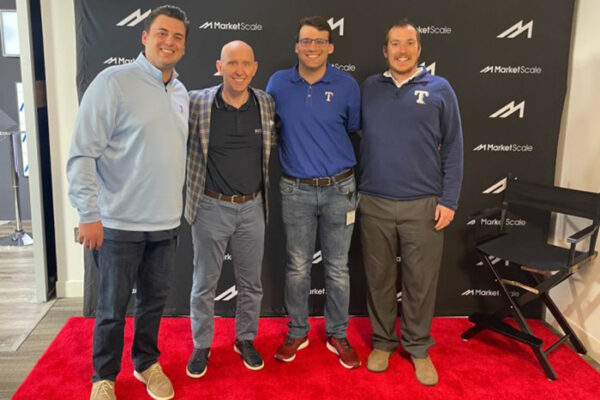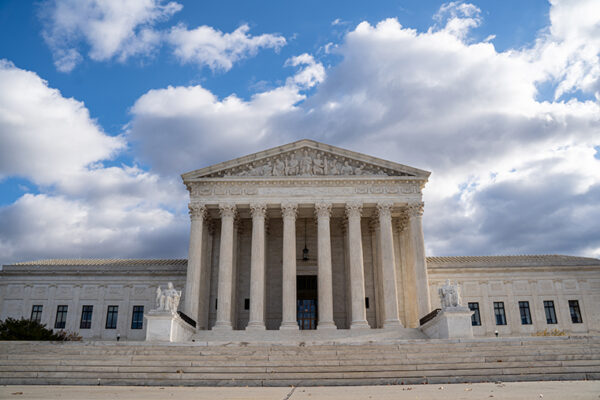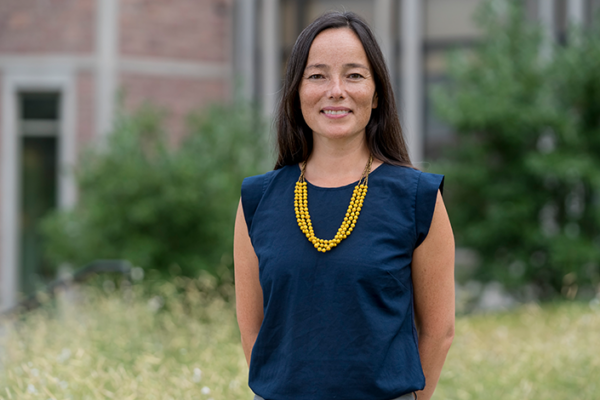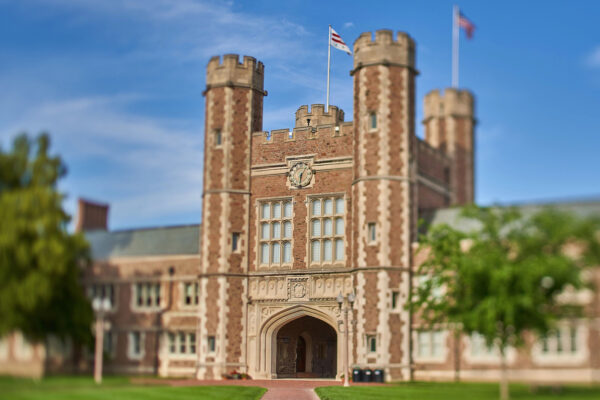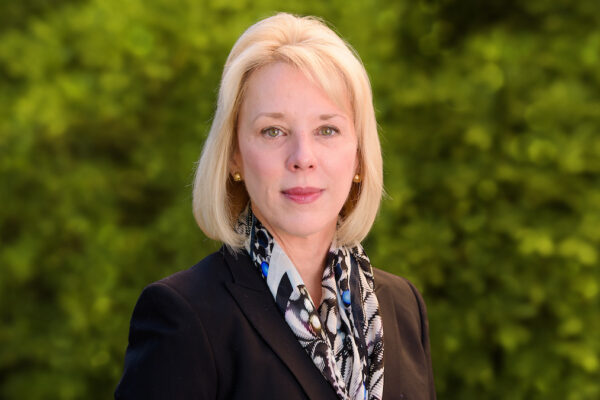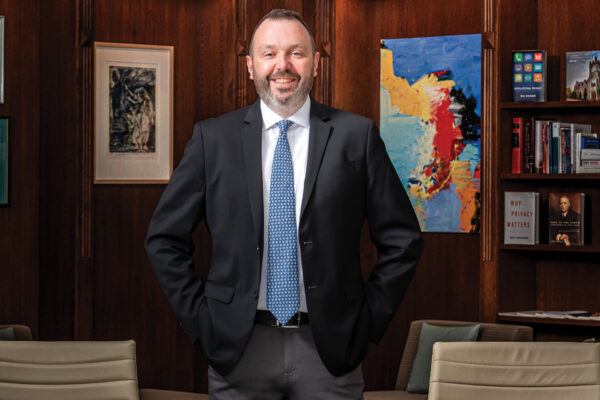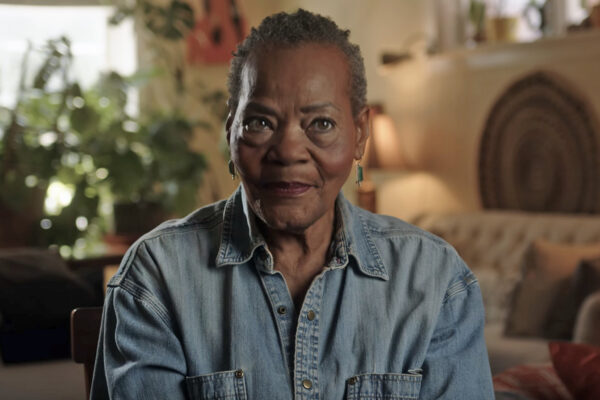The boys of fall
Three WashU alumni work in the Texas Rangers’ front office, helping the team win its first-ever World Series title.
50 years of legal community service — and counting
Students in the School of Law’s Clinical Education Program, now 50 years old, gain important skills while helping members of the community.
Replacing Chevron would have far-reaching implications
There is no good reason to abandon the Chevron deference, a Supreme Court decision in place for 40 years, says an expert on administrative law and regulatory reform at Washington University in St. Louis.
Kim Thuy Seelinger
Kim Thuy Seelinger, with roles at both the Brown School and the School of Law, combines social work and law as a sought-after expert to help with prosecution of conflict-related sexual violence.
Board grants faculty promotions, tenure
At the university’s Board of Trustees meeting Dec. 1, numerous faculty members were appointed or promoted with tenure or granted tenure.
Lindquist named dean of the School of Law
The School of Law welcomes its new dean July 1. Stefanie A. Lindquist, a nationally recognized constitutional law and U.S. Supreme Court expert, previously served at Arizona State University.
Seelinger helps draft new ICC policy on gender crimes
Kim Thuy Seelinger, a research associate professor at the Brown School and visiting professor at the School of Law, led the review and drafting process for the International Criminal Court Office of the Prosecutor’s new policy on gender-based crimes.
How to survive in a digital world
Privacy expert Neil Richards, the Koch Distinguished Professor of Law, says the path to surviving the “Information Revolution” is
through both education and the law.
School of Law tax clinic helps St. Louis woman keep her home
Students and faculty working with the Low Income Taxpayer Clinic at the Washington University School of Law were able to help a St. Louis woman reduce her tax debt and keep her house.
Open enrollment privacy concerns
During this open enrollment season, parents should consider privacy implications when adding their adult children to their health insurance plan, said a health insurance expert at Washington University in St. Louis.
View More Stories
